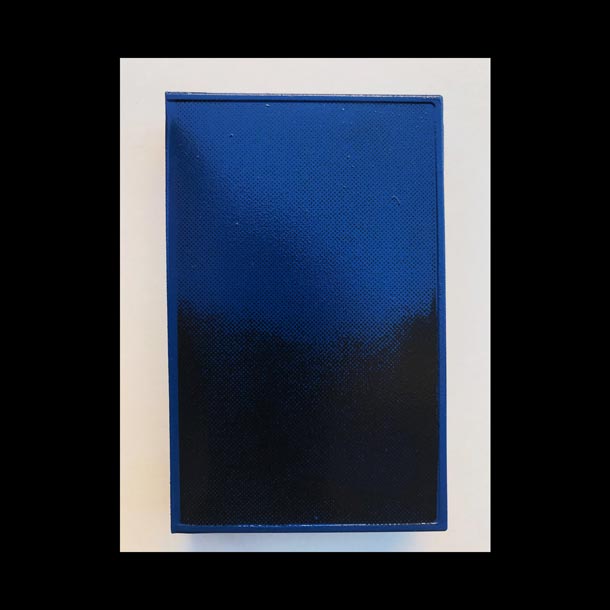JULIA REIDY, Beholder

Julia Reidy è nata nel 1993 a Sydney in Australia e ora vive in Germania: è chitarrista, compositrice e improvvisatrice. La troviamo nell’ampio ensemble Splitter Orchester e in un sacco di altri progetti collaterali.
Julia suona quasi sempre una chitarra acustica a dodici corde e in quest’intervista conferma di essere influenzata da Bill Orcutt: ascoltando Beholder, appena uscito per A Guide To Saints (quindi Room40, quindi Lawrence English), si pensa subito a quest’affinità non appena si sente il suono scrosciante e ipnotico delle corde, quella specie di “noise acustico” che caratterizza la seconda vita di Orcutt (quella dopo gli Harry Pussy), ma che ha forse radici anche più profonde nel mondo dell’improvvisazione. Non è comunque tutto qui: Reidy utilizza field recordings e synth dai quali tirar fuori giusto dei bordoni, così da creare una sorta di controparte elettronica che va a fare attrito con quella acustica, in un gioco di contrasti che funziona (anche quando si passa alla chitarra elettrica in “Jfai”). In All Is Ablaze del 2016 questa frizione non c’era, anche se secondo me Julia ci stava pensando, dunque siamo di fronte a un’artista che sta man mano trovando la sua identità. Vediamo che succede.
